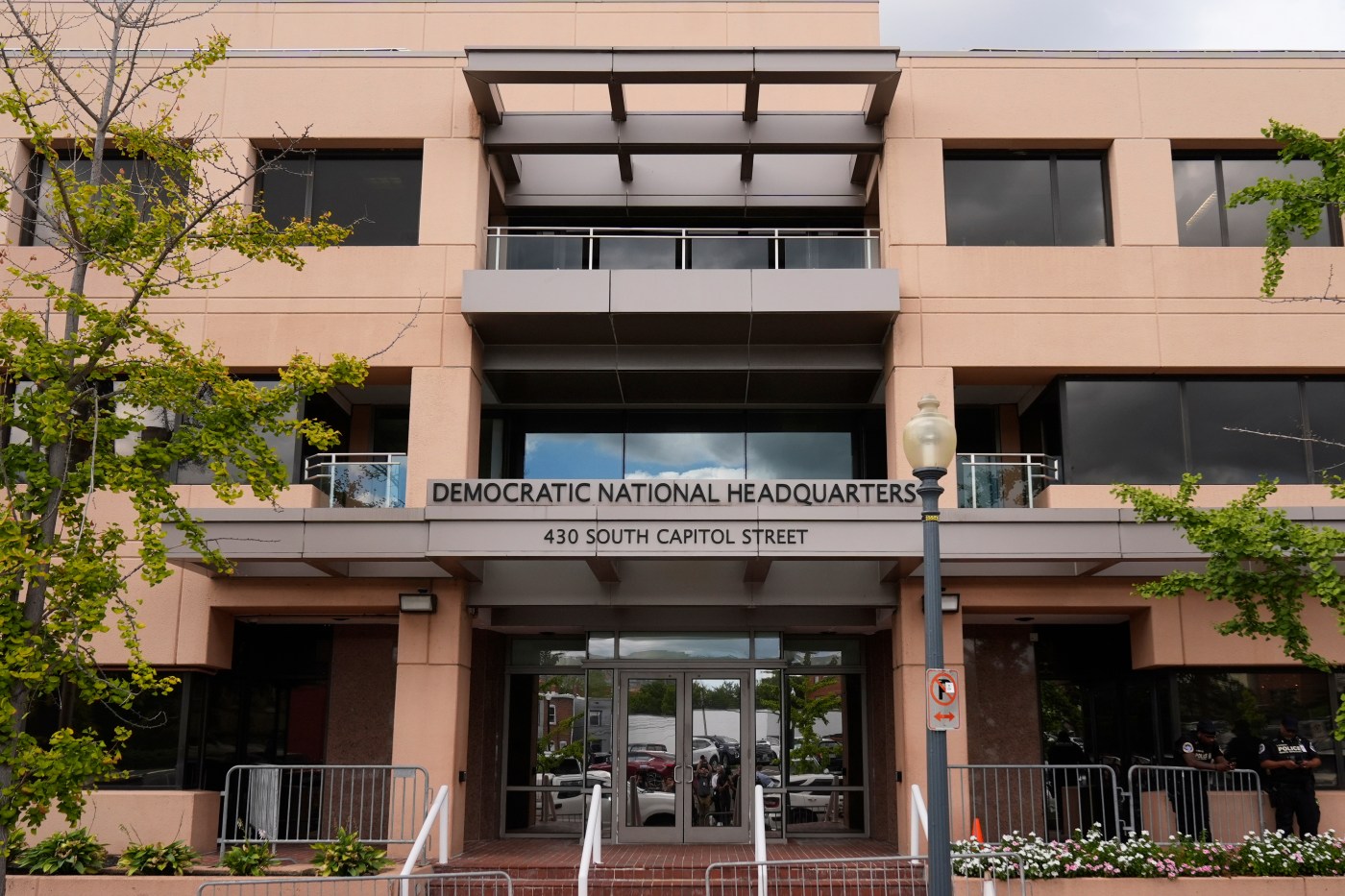Concerns over rising health care costs, food assistance programs, and education funding have emerged as key issues for Texans, prompting a wave of letters to the editor expressing frustration and urging action from lawmakers. These letters highlight the impact of policy decisions on families and communities, emphasizing the need for affordable health coverage and effective social programs.
Health Care Coverage Remains a Priority for Families
In a recent letter, nurse practitioner Camille Cobb shared her personal experience as the mother of a son with a chronic medical condition. She expressed the vital role of the Affordable Care Act’s enhanced subsidies in maintaining affordable health coverage. Cobb stated, “These subsidies allow him to access health care to manage his chronic condition and prevent future complications.” With more than 4 million Texans relying on these subsidies, she underscored the fear that losing this support would force families to choose between health and financial stability. Cobb called on Congress to act swiftly to extend the Affordable Care Act’s enhanced subsidies, stating, “Affordable health coverage should never be treated as a partisan issue — it’s a shared American priority.”
This sentiment resonates with many families who fear that rising premiums could lead to increased medical debt and delayed treatment. Without government support, hospitals could face challenges in providing care, further exacerbating the health care crisis.
SNAP Benefits and Government Shutdown Concerns
Another pressing issue raised in the letters concerns the recent government shutdown and its impact on the Supplemental Nutrition Assistance Program (SNAP). James D. Farley highlighted that during previous government shutdowns, SNAP benefits continued without interruption, thanks to contingency funds. He pointed out that this is the first time in the program’s history that such a lapse has occurred. Farley criticized the current government’s approach, stating, “Let’s not hear any more braying from Speaker Mike Johnson about the Democrats’ ‘totally unprecedented’ demands.”
The interruptions in SNAP benefits have left many families anxious about their food security, emphasizing the need for bipartisan support to ensure uninterrupted assistance during future funding crises.
M.A. Conroy also addressed resource allocation, suggesting that the Federal Aviation Administration and Air Traffic Control should prioritize larger aircraft over smaller private jets to better allocate limited resources. Conroy argued that this shift could free up as much as 20% of air traffic control resources, ultimately benefiting millions of passengers.
Education and Community Support
In the realm of education, Herb Krasner critiqued the suggestion of expanding private trade school vouchers, advocating instead for public charter trade schools and apprenticeship programs to fill the skilled trades gap in Texas. He expressed concern that focusing solely on vouchers overlooks other viable options that could serve the community more effectively.
Several letters also reflected on the broader societal implications of current policies. Bob Buckel invoked the teachings of Matthew 25, urging those in authority to consider their actions regarding food assistance and health care. His poignant message called for compassion and accountability from leaders who profess to uphold Christian values.
Lastly, John Bell lamented the impact of standard time on family time outdoors, advocating for the U.S. Senate to consider adopting year-round daylight saving time for better evening enjoyment. His call to action encourages citizens to contact their senators to express their desire for change.
These letters illustrate a strong community voice advocating for significant changes in health care, food assistance, and education policies. The challenges highlighted reflect a broader national discourse on the importance of accessible services and support for all citizens, urging lawmakers to prioritize these critical issues.







